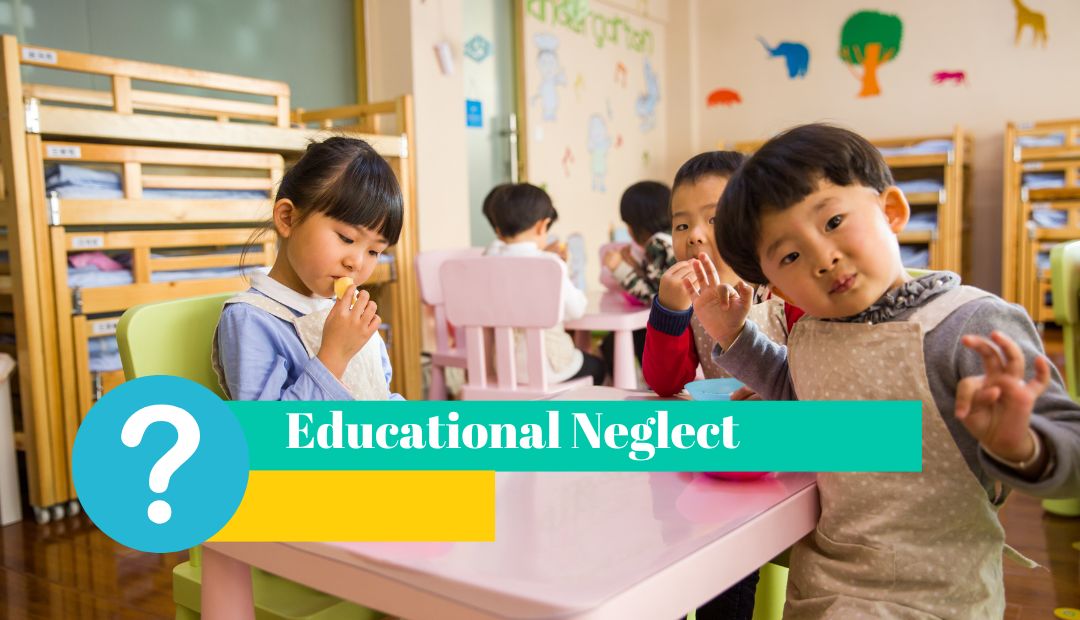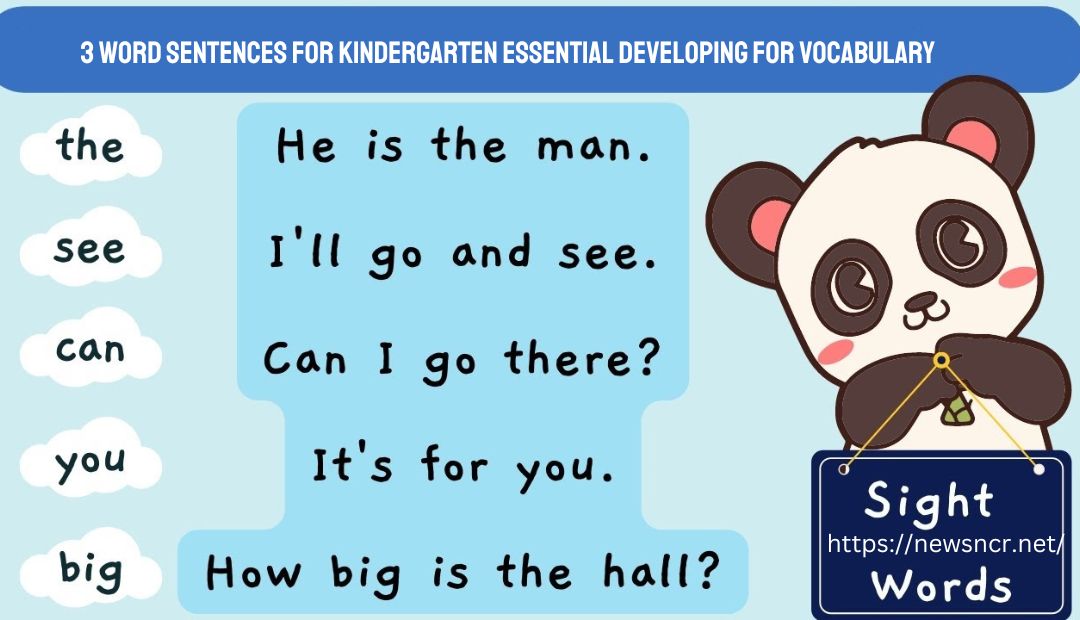Educational neglect can have numerous harmful repercussions for children, including cognitive and intellectual deficits. Parents can defend themselves from accusations of educational neglect by working with a family law attorney to demonstrate that nonattendance was beyond their control.
By such as by making attempts to encourage attendance or making available medical, psychological or psychiatric care services available for their child.
Understanding Educational Neglect
Educational neglect is a type of child abuse in which parents or guardians fail to ensure that the children they care for attend school and complete homework in accordance with school policy and requirements. Education-related neglect may be investigated alongside physical abuse and failure to meet basic needs, with DCF agents acting on referral from schools when someone accused violating North Dakota compulsory attendance laws is suspected of failing to meet a child’s needs, such as schooling needs; efforts have failed in trying to resolve this matter within the family unit.
Parents can protect themselves against allegations of educational neglect by turning to a family law attorney such as Darren Shapiro for guidance in terms of Family Court Act 712(a). He or she can demonstrate that someone needs supervision under Family Court Act 712(a), such as when they refuse to attend classes with parental knowledge and without taking any actions themselves – this may require medical, psychiatric, or psychological intervention as appropriate.
Educational Neglect Defined
Educational neglect is not a specific subtype of child abuse but instead refers to any failure on behalf of parents to provide their children with an adequate education. While research points towards certain age groups being particularly at risk, general definitions have linked educational neglect with issues like truancy and poor school performance (Chapple & Vaske 2010).
Educational neglect can be difficult for child welfare professionals to comprehend. While physical or emotional neglect have immediate consequences that may even include death, educational neglect has long-term repercussions that may wreak havoc on a child’s future.
As such, DCPP staff must recognize when a child may be experiencing educational neglect and identify any related instances of child abuse such as truancy or other forms of child mistreatment. This distinction becomes especially essential given the rise in remote learning which often is misunderstood for neglectful practices by students enrolled remotely – something which may lead to legal consequences such as termination of parental rights or loss of visitation and custody rights.
Indicators of Educational Neglect
As soon as a child does not receive the basic care that they require, neglect can ensue. This includes failing to receive sufficient food, shelter or medical treatment. Parents and caregivers have an obligation to ensure their children live in healthy, safe homes; any house with overflowing rubbish bins, visible mould or no food available is often indicative of neglect; when children arrive at school wearing unclean uniforms with cold or infection symptoms could indicate that adequate medical assistance has not been received.
Educational neglect often arises when parents or carers cannot provide home schooling or enroll their children in school. Frequent unexplained absences from school can have severe repercussions and act as a clear indicator that something may be amiss; children who miss too many days could face academic struggles as well as be drawn into youth justice interventions.
Individuals in Peoria must report any suspected cases of neglect immediately to authorities. There are numerous assistance options available for families affected by educational neglect.
Differentiating Educational Neglect and Truancy
With remote learning becoming more commonplace, it can be more difficult than ever for staff members to discern whether a situation involves educational neglect. Staff must remain vigilant and use both instinctual judgments as well as take an overall holistic approach when assessing whether educational neglect may be an underlying factor.
Although educational neglect and truancy may often be used interchangeably, they are distinct issues. Educational neglect involves failing to enroll a mandatory school-age child into public or private schooling arrangements or provide homeschooling, special education instruction or other required services according to state law.
Parents can defend against claims of educational neglect by showing compliance with state law, which may include notification, proof of parent qualification, records of days of instruction and details about assessment requirements. A family law attorney like Darren Shapiro may be able to show that children’s refusal to attend classes was out of the parents’ control and does not constitute neglect; if parents ignore truancy claims it could lead to PINS petitions which impact visitation or custody rights.
Challenges and Consequences of Educational Neglect
Educators and social service workers must recognize the presence of educational neglect and be ready to investigate reports related to this type of maltreatment, which may have serious and lasting repercussions.
Children exposed to histories of neglect face an elevated risk for school failure as well as mental illness and other forms of maltreatment. Cognitive abilities and ego resiliency can play a protective role against initial school adaptation issues related to neglect; however, in communities experiencing extreme poverty these factors are often overwhelmed.
Parents or guardians who fail to ensure their child attends school regularly may face charges of child neglect. This offense includes passively permitting them to skip class without explanation, encouraging truancy or failing to intervene when there are chronic absences from attendance. Children may even be taken from homes of those committing this form of child abuse and neglect.
Legal Aspects of Educational Neglect
Educational neglect is a form of child abuse in which a parent or caregiver fails to ensure that their children receive the required level of education. Similar to other forms of child abuse, educational neglect is defined by state laws and may be investigated under various avenues, including compulsory attendance laws, family court statutes and PINS petitions.
Family law attorneys must be knowledgeable on the distinctions between educational neglect and truancy as both can have serious repercussions for parents subject to investigation by DCPP. Educational neglect allegations frequently originate from school personnel or mandatory reporters (individuals mandated to report child abuse or neglect).
Legal definitions of educational neglect differ greatly by state, but generally speaking it involves failing to actively or passively ensure the education of a child. This may involve allowing a child to miss school for long stretches without explanation, failing to intervene when chronic truancies persist, encouraging students to drop out altogether, moving frequently, failing to maintain enrollment and academic instruction for each student as well as encouraging dropout.
PACE Program Initiatives
PACE (Program for All-inclusive Care of Elders) is a Medicare and Medicaid-funded program that provides integrated care and services to assist older adults who require assistance living safely in their own homes or communities. As one of the largest models for providing long-term services and supports (LTSS), its use first emerged in San Francisco under On Lok Senior Health Services during the 1970s; then Congress officially made it an enduring Medicare option in 1997.
An interdisciplinary team evaluates each participant’s needs and designs a comprehensive care plan tailored to them. PACE programs primarily offer medical and social services in its center setting; additional in-home or community care may also be provided if necessary. If it becomes clear that an individual cannot remain living at home alone, their PACE team must arrange admission into either hospital or nursing facilities – something many families fear when their community becomes unsafe for living in.
PACE provides seniors with an innovative opportunity to access affordable healthcare. As such, it can lead to significant cost savings for Medicare and Medicaid beneficiaries; PACE participants in South Carolina, Oklahoma and Wyoming alone are saving approximately $9000 each year in comparison with costs for similar care delivered under Medicaid waiver or nursing home contracts.
Impact and Implications of Educational Neglect
With the rapid advancement of social distancing, remote learning, hybrid schedules and virtual classrooms comes increased difficulty for school professionals in monitoring how often their students miss classes. Your instincts should remain intact – act on any suspicion of educational neglect by calling the Child Abuse and Neglect hotline (844-CO-4-Kids).
Academic Performance Decline
Children neglected by adults can rapidly experience academic performance decline. One longitudinal study indicated this by rating children who were regularly absent as having difficulty grasping day-to-day classroom work and managing the environment effectively. As well as extra familial harms such as criminal activity, drug use, and knife possession; educational neglect has also been linked to criminality and drug addiction; however, according to studies, addressing educational neglect can reduce its negative impacts.
Interesting Investigation
Researchers conducted an interesting investigation on the correlation between educational neglect and truancy using an ecological transactional analysis framework. Results indicated that cognitive functioning mediated the relationship between neglect severity and kindergarten classroom behaviors and first grade academic performance; however, neighborhood poverty prevented its full effect by exacerbating cognitive delays which would otherwise impede school adaptation.




